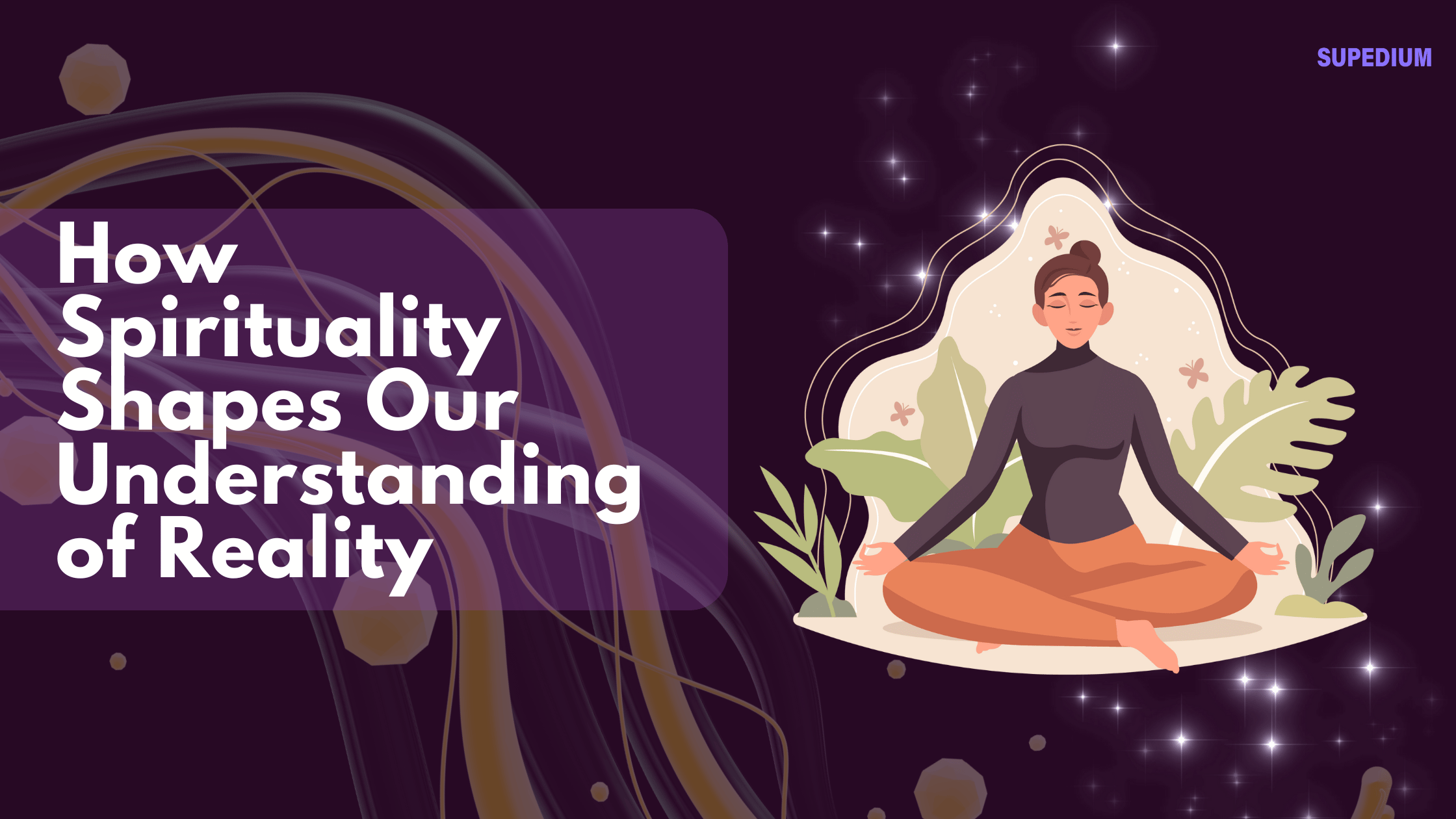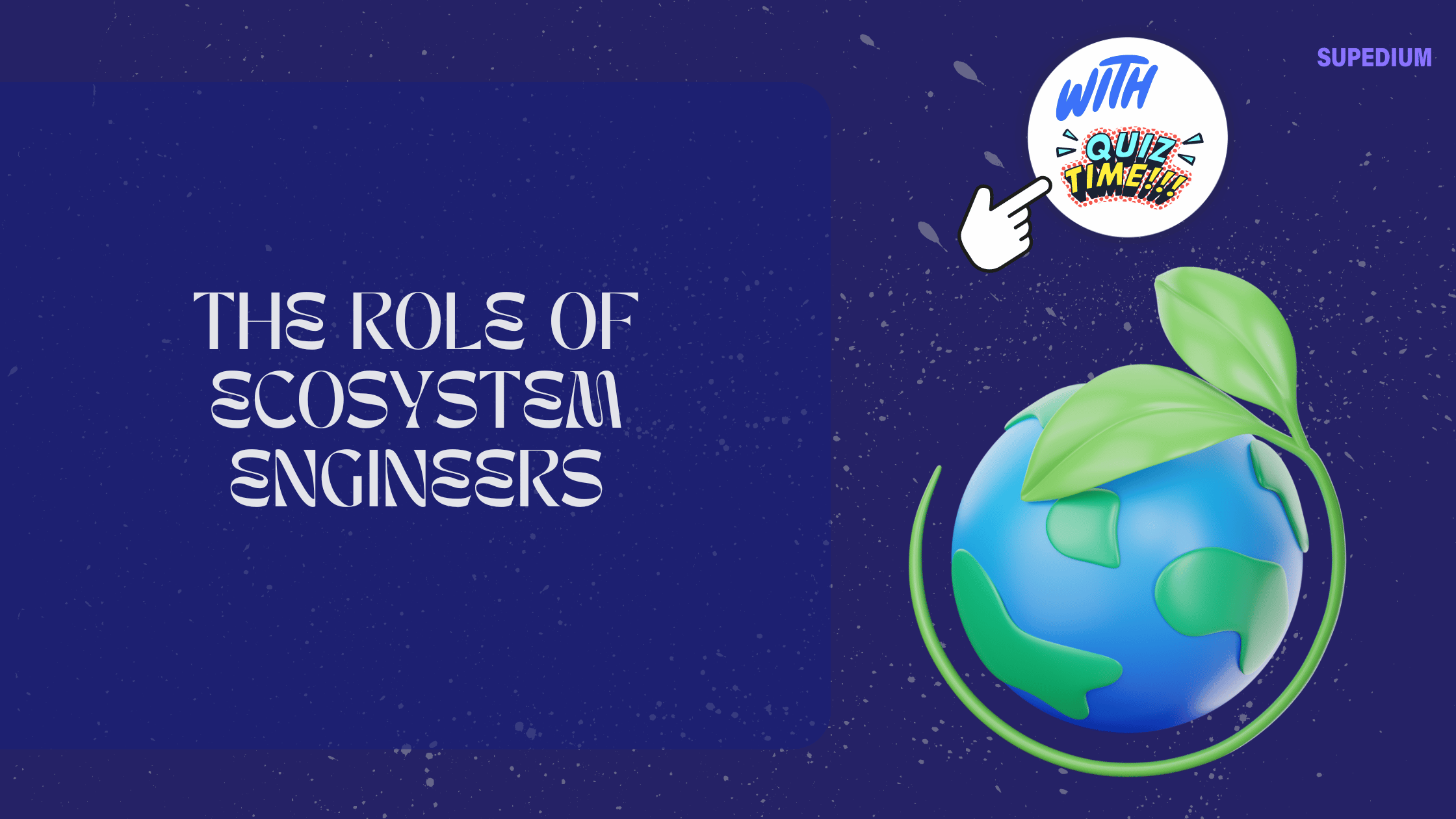Table of Contents
![]()
Introduction
Spirituality, often distinguished from organized religion, is a broad and deeply personal concept involving the search for meaning, connection, and transcendence. It encompasses practices and beliefs that seek to understand the nature of existence and one’s place within it. This article explores how spirituality shapes our understanding of reality, delving into historical perspectives, theoretical foundations, personal and social impacts, and practical implications.
Historical and Cultural Perspectives
Spirituality has evolved significantly over millennia. Early spiritual practices were closely tied to nature and survival, often involving rituals and rites designed to connect with the divine or supernatural forces. As human societies developed, so did spiritual traditions. Major spiritual systems, such as Hinduism, Buddhism, Taoism, and various indigenous spiritualities, have contributed diverse perspectives on the nature of reality.
For instance, Hinduism presents a worldview that reality is an illusion (Maya) and that ultimate truth (Brahman) is beyond material existence. Buddhism, on the other hand, emphasizes the impermanence and interdependence of all things, proposing that enlightenment comes from understanding the nature of suffering and the self. Taoism focuses on the harmony between humans and the Tao, an underlying principle that flows through all things.
Across cultures, spiritual beliefs and practices vary, yet common themes such as interconnectedness and the search for deeper meaning often emerge. These varying perspectives collectively enrich our understanding of reality, showing that spirituality can be both universal and uniquely personal.
Theoretical Foundations
The nature of reality has long been debated in philosophical circles. Materialism posits that physical matter is the fundamental reality and that everything, including consciousness, can be explained by physical processes. In contrast, idealism suggests that reality is fundamentally mental or spiritual. Phenomenology and existentialism explore how individuals experience and interpret reality, emphasizing subjective experience and personal meaning.
Spiritual perspectives on reality often challenge materialistic views. Many spiritual traditions propose that reality extends beyond the physical realm. Concepts such as oneness and interconnectedness suggest that the material world is a reflection of a deeper, more fundamental reality. The idea of consciousness as a primary component of reality is also prevalent, with some spiritual traditions asserting that consciousness shapes and influences our perception of the world.
Spirituality and Perception
Spirituality profoundly influences perception and understanding of reality. Practices such as meditation and prayer can alter states of consciousness, leading to altered perceptions of time, space, and self. For example, meditation often induces a state of awareness that reveals a sense of unity with all existence, challenging ordinary perceptions of separation and individuality.
Research into altered states of consciousness, including those induced by spiritual practices, supports the idea that spirituality can reshape our experience of reality. Studies on meditation have shown changes in brain activity associated with heightened awareness and emotional well-being. These altered states can provide insights into the nature of existence that differ from everyday perceptions.
Impact on Personal and Social Reality
On a personal level, spirituality shapes individual worldviews. Spiritual beliefs influence how people interpret their experiences, make sense of their lives, and find purpose. For instance, someone who views life through a spiritual lens may see challenges as opportunities for growth or lessons rather than mere obstacles.
Socially and culturally, spirituality plays a significant role in shaping norms and values. Spiritual beliefs often underpin ethical systems, social practices, and communal values. In many societies, spiritual teachings inform concepts of justice, compassion, and social responsibility. Spirituality can also foster community and social cohesion, as shared beliefs and practices create bonds among individuals.
Integrative Perspectives
The relationship between spirituality and science is complex and evolving. While traditional science often focuses on empirical evidence and material explanations, fields such as neurotheology explore how spiritual experiences correlate with brain activity. Quantum physics and other areas of science sometimes offer parallels to spiritual concepts, such as interconnectedness and the nature of reality.
Interdisciplinary approaches combine insights from psychology, sociology, and anthropology to provide a more comprehensive understanding of how spirituality influences reality. These fields contribute to a holistic view that integrates spiritual experiences with scientific knowledge, offering a richer perspective on the nature of existence.
Challenges and Criticisms
Studying spirituality presents several challenges. Spiritual experiences are highly subjective and difficult to measure with objective tools. Defining and quantifying spirituality can be problematic due to its deeply personal and diverse nature.
Critics argue that spirituality can lead to relativism, where personal beliefs overshadow objective truths. Conflicts between spiritual and scientific perspectives often arise, with some critics suggesting that spiritual claims lack empirical support. Balancing subjective spiritual insights with scientific rigor remains a challenge for researchers and practitioners alike.
Practical Implications
Spirituality has practical implications for personal development and well-being. Engaging in spiritual practices can enhance self-awareness, emotional resilience, and overall life satisfaction. Techniques such as mindfulness, prayer, and reflective journaling offer tools for personal growth and understanding.
On a global scale, spirituality can contribute to addressing complex challenges. Spiritual principles often emphasize compassion, justice, and global harmony, offering frameworks for addressing issues such as conflict, inequality, and environmental sustainability. By fostering a sense of interconnectedness and shared responsibility, spirituality can play a role in promoting global peace and cooperation.
Conclusion
Spirituality profoundly shapes our understanding of reality, influencing how we perceive ourselves, others, and the world around us. Through historical and cultural lenses, theoretical explorations, and practical applications, spirituality offers diverse and rich perspectives on existence. As we continue to explore and integrate spiritual insights with scientific understanding, we gain a deeper appreciation of the complex and multifaceted nature of reality.
Share This





Be the first to comment